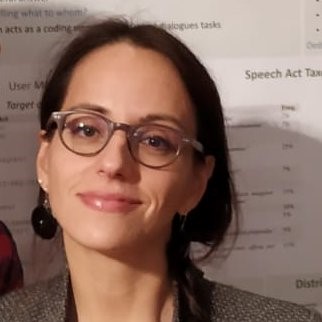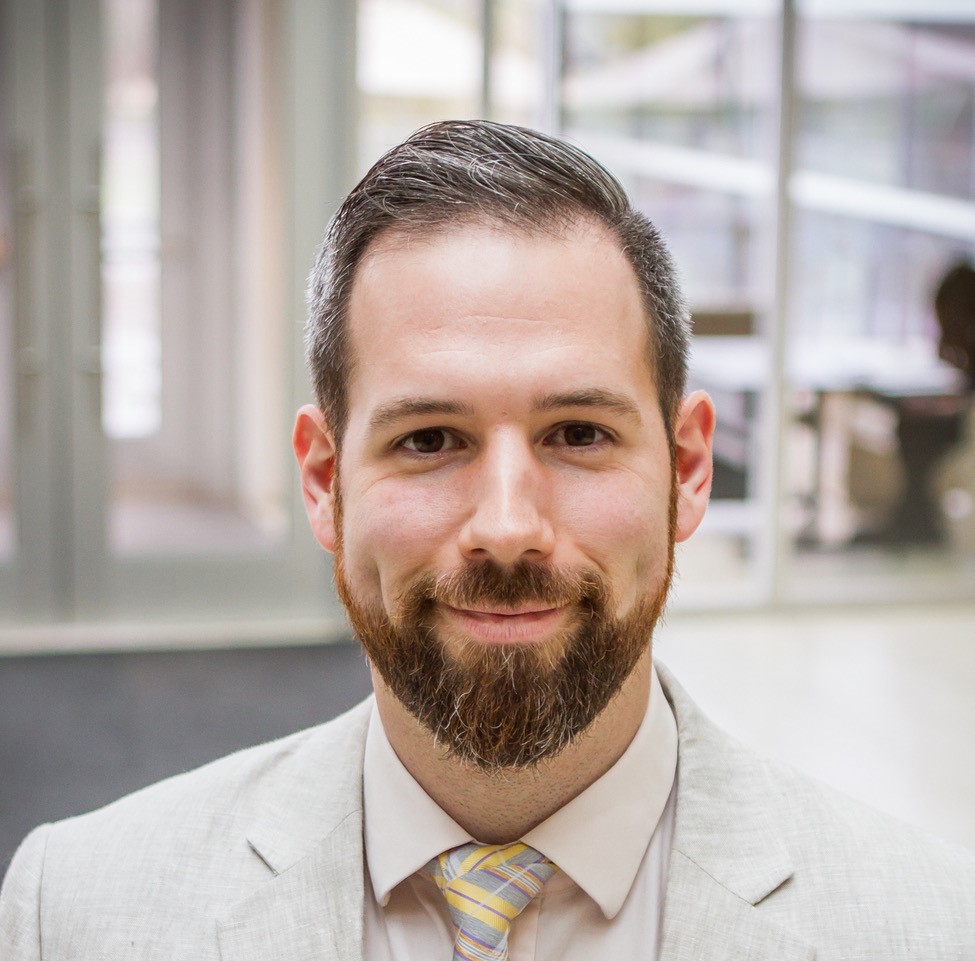CHASE 2024
17th International Conference on Cooperative and Human Aspects of Software Engineering (CHASE 2024)
CHASE is the premier venue for research on cooperative and human aspects of software engineering. Since 2008, the CHASE conference has provided a forum to discuss research results long before “human values” started to draw attention in the mainstream software engineering community, including empirical findings, theoretical models, and research methods and tools for studying human and cooperative aspects in software engineering. CHASE seeks to bring together academic and practitioner communities interested in this area. Now in its 17th edition, CHASE 2024 will be co-located with the International Conference on Software Engineering (ICSE) in beautiful Lisboa, Portugal.
People vary widely with respect to their personality traits, emotional and cognitive style, technical knowledge, and other demographic variables including age, gender, and cultural background. Software projects require effective communication and collaboration of many people. The CHASE conference seeks to grow a body of knowledge on the important role of people in software development, how people cooperate, collaborate to design and develop software systems, and how these processes can be improved.
CHASE solicits high-quality research studies using any research method that is appropriate for the purpose, that seek to learn about cooperative and human aspects of software engineering. While CHASE acknowledges the important role of technology in the socio-technical discipline that software engineering is, the focus lies on the human aspects, not the technology.
Awards
We want to highlight outstanding contributions to CHASE this year by awarding them with the distinguished paper and distinguished reviewer awards:
Distinguished Papers
- Characterizing Role Models in Software Practitioners’ Career: An Interview Study
- Authors: Mary Sánchez-Gordón, Ricardo Colomo-Palacios, Alex Sánchez
- Understanding the Career Mobility of Blind and Low Vision Software Professionals
- Authors: Yoonha Cha, Victoria Jackson, Isabela Figueira, Stacy Branham, Andre van der Hoek
Distinguished Reviewers
- Ronnie De Souza Santos
- Franz Zieris
- Lutz Prechelt
- Victoria Jackson
- Oliver Karras
- Janet Burge
- Maria Angela Ferrario
Tracks
CHASE 2024 welcomes contributions to the following tracks:
Keynotes
Nicole Novielli - A Journey Into the Emotions of Software Developers |
|
| Emotions are part of our everyday life and are known to impact cognitive skills, thus influencing job performance. This is true also for software development, an intellectual activity requiring creativity and problem-solving skills that are known to be influenced by affective states. In particular, early recognition of negative emotions, such as stress or frustration can enable just-in-time intervention for developers and team managers, in order to prevent burnout and undesired turnover. In this talk, I will provide an overview of recent research findings on developers’ emotions and their relationship with self-assessed productivity. Next, I will argue in favor of the emergence of tools to support developers’ emotion awareness at the individual and team level to improve productivity, resilience to failures and wellbeing. | |
 |
Nicole Novielli is an Associate Professor of Computer Science at the University of Bari, Italy. Her research interests lie at the intersection of software engineering and affective computing with a specific focus on emotion mining from software repositories, natural language processing of developers’ communication traces, and biometric recognition of developers’ emotions. She was the Program co-Chair of the 19th Int. Conf. on Mining Software Repositories (MSR 2022) and the 30th IEEE Int. Conf. on Software Analysis, Evolution and Reengineering (SANER 2023). She is a member of the editorial board of the Empirical Software Engineering journal (Springer) and the Journal of Systems and Software (Elsevier). |
Paul Ralph - The Surprising Implications of Realism for Human Factors Research |
|
| Many of the practical, methodological challenges faced by human factors researchers are rooted in outdated philosophical assumptions. Understanding newer philosophical approaches, especially critical realism, can help us solve many fundamental challenges associated with positivism, falsifications, interpretivism, and postmodernism. Realism is a family of philosophical approaches emphasizing that: (1) a real world exists independently of our perceptions of it; (2) the real world is filled with objects that have the power cause changes in each other, whether or not humans can or do observe these changes; (3) many observable phenomena are caused by unobservable structures. Meanwhile inferring unobservable structures based on what can be observed is both fundamentally challenging and central to human factors research. In this talk, Dr. Ralph will give an overview of critical realism and explore its implications for human factors research, focusing on practical applications for diverse qualitative and quantitative research methods. | |
 |
Dr. D. Paul Ralph, PhD (British Columbia), B.Sc. / B.Comm (Memorial), is an award-winning scientist, author, consultant, and Professor of Software Engineering at Dalhousie University. His cutting-edge research at the intersection of software engineering, human-computer interaction, and project management explores the relationship between software teams’ social dynamics and success. It has been used by many leading technology companies including Adobe, Amazon, AT&T, Canon, Bea Systems, IBM, Google, HP, Microsoft, Netflix, PayPal, Samsung, Salesforce, VMWare, Yahoo!, and Walmart. Dr. Ralph has published more than 80 peer-reviewed articles in premier venues including IEEE Transactions on Software Engineering and the ACM/IEEE International Conference on Software Engineering. Dr. Ralph is editor-in-chief of the SIGSOFT Empirical Standards for Software Engineering Research, the comprehensive evidence standards for software engineering research. |